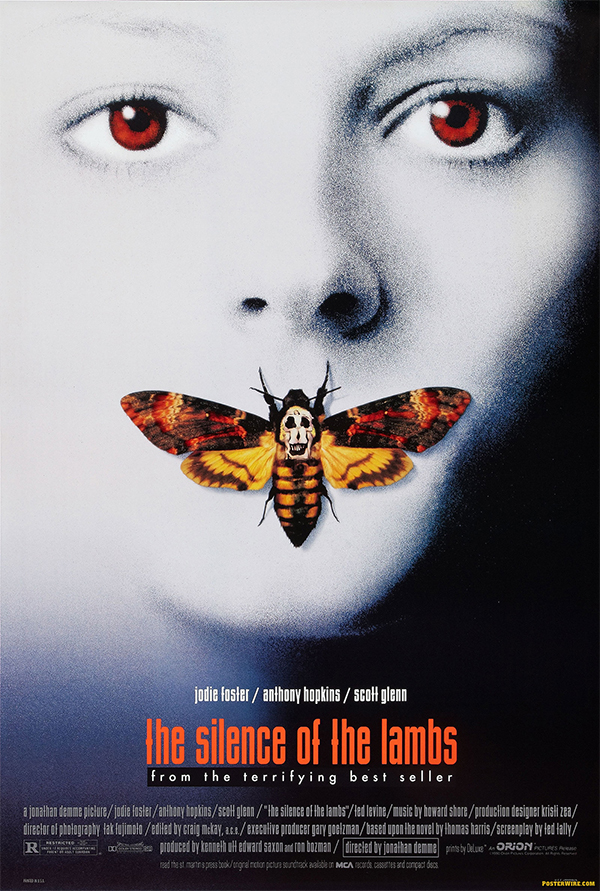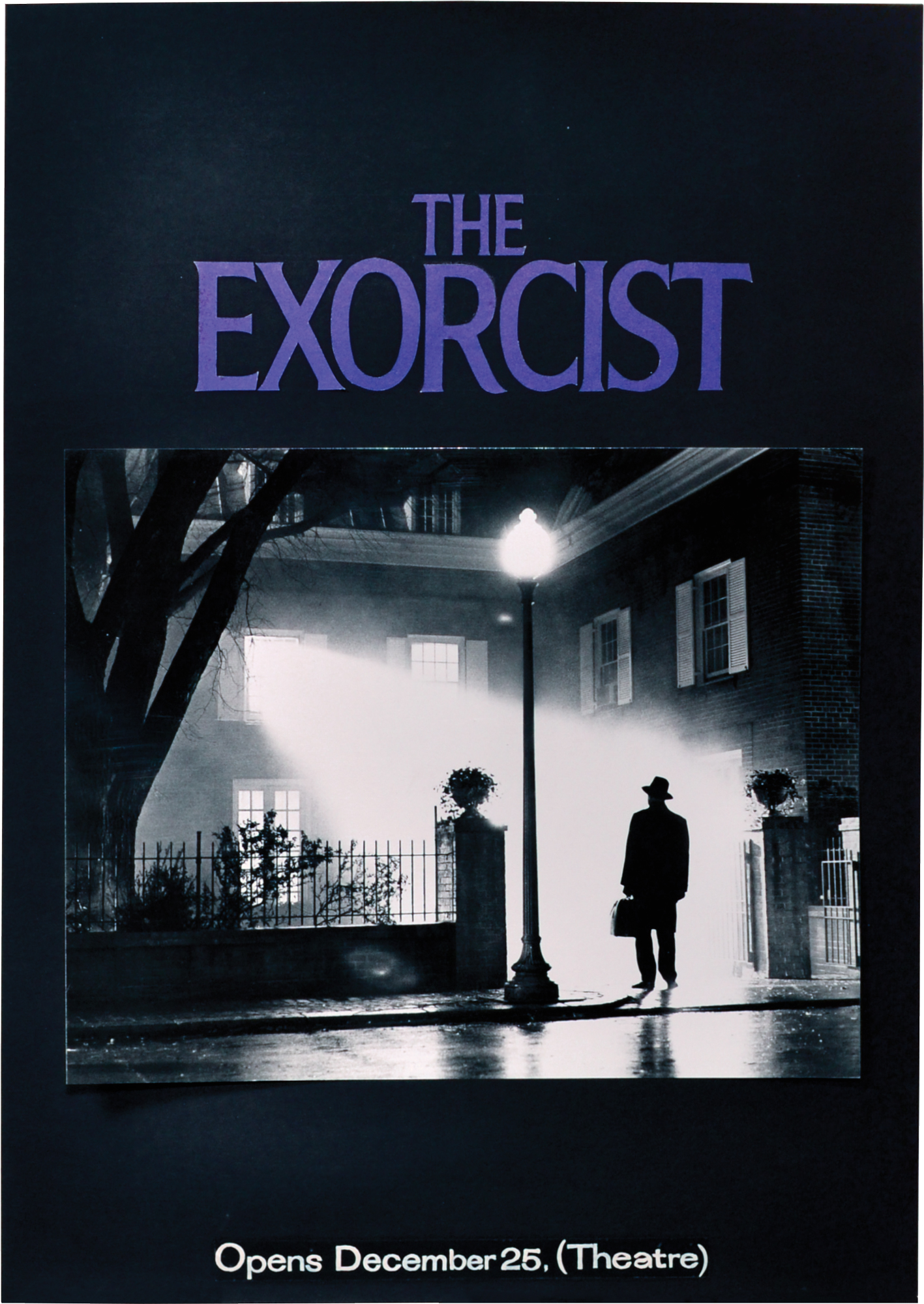
"Somewhere this night he had passed a decision-nexus into the deep unknown. He knew the time-area surrounding them, but the here-and-now existed as a place of mystery. It was as though he had seen himself from a distance go out of sight down into a valley. Of the countless paths up out of that valley, some might carry a Paul Atrides back into sight, but many would not."
Dates read: April 18-23, 2016
Rating: 6/10
Lists/awards: Hugo Award, NY Times Bestseller
For some reason, I've always preferred fantasy to science fiction. They're similar genres, it's not for nothing that they're usually shelved together: new worlds, usually some sort of hero quest narrative, human stories peppered with imaginative twists that let you see them in a new light. If I'm being honest, usually the most significant different on a fundamental level I notice is that if the story is set in space or has robots, it's science fiction. If there are elves and dragons, it's fantasy. But even though I know intellectually that the differences between them are as much cosmetic as anything, I'd chose fantasy over sci-fi any day. That being said, one of my all-time favorite books,
Do Androids Dream of Electronic Sheep?, is science fiction, and
Battlestar Galactica is one of my favorite TV shows. Frank Herbert's
Dune is the best-selling science fiction novel of all time, so I figured I owed it a try.
Dune drops you right into the story without easing you in with world-building before the plot picks up, which I personally found alienating and made it hard for me to get into it from the beginning. It's the story of a young nobleman, Paul Atrides, whose family is entangled in interplanetary intrigue. The Atrides family is given control of a planet called Dune, notable for being the sole source of a precious substance, the spice melange, which allows people to tap into enhanced mental abilities. When the Atrides are betrayed by their enemies, the Harkonnens, the Duke Leto dies but his consort Jessica and son Paul escape into the desert planet, where Paul (the result of a breeding program by a religious/philosphical/political sect) taps into extraordinary abilities and becomes a religious icon among the native population. Of course, he has vengeance to bring upon the Harokkens and a final battle for power between the families looms.
Having read Joseph Campbell's
Hero With A Thousand Faces, it was pretty easy to recognize Paul's story as the Hero's Journey. There's a reason this particular narrative is so popular across time and cultures: when done well, it's really compelling. Was this done well? Not especially, but it wasn't bad or even mediocre. It just didn't do a lot for me, personally. Like I said, it took me a while to get into it and it's kind of a space opera...it starts at like a 7 in intensity and waxes and wanes from there, but it's high drama throughout. I'd have liked a chance to warm up to and get emotionally invested in the characters before they started being put in peril. And on a shallow note about the characters, it bothered me that some of them had fairly standard-issue names: Jessica, Paul, Duncan, even Leto. Then there are some named Thufir, Gurney, and Irulan. I tend to feel like an author should either "go there" with mostly unusual naming patterns or not, but the in-between doesn't really work.
Once I got about a quarter of the way into it, I got a feel for the world and the novel as a whole and I enjoyed it more, but at the end of the day it wasn't really for me. Assuming for the sake of argument a continuum from entirely character-driven stories to entirely plot-driven stories, I tend to prefer things on the character side and I'd slot
Dune on the plot side. I'm a big movie-watcher when I'm not reading, and there are plenty of movies that I've seen that I recognize are high quality, but that I don't really like. This is the same kind of deal...I can understand why it's been so popular and sold so well, but I don't know that I'd read it again or recommend it to anyone.





















 Hi! I'm Gabby: mom, wife, sister, daughter, lobbyist, avid reader, lover of movies, vegetarian, Nevadan, and Jeopardy silver medalist
Hi! I'm Gabby: mom, wife, sister, daughter, lobbyist, avid reader, lover of movies, vegetarian, Nevadan, and Jeopardy silver medalist